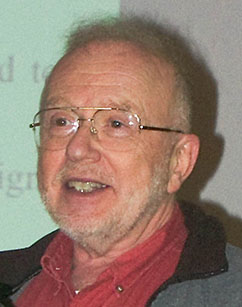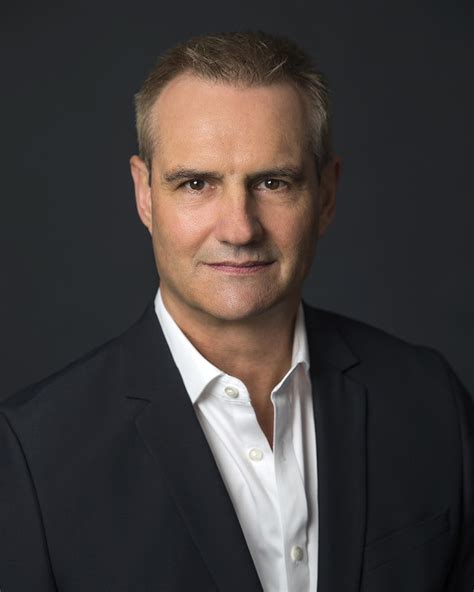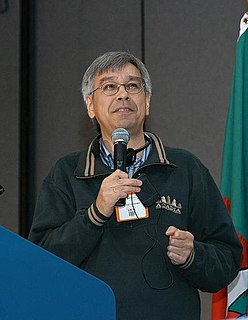A Quote by Alan Cooper
There's a fundamental problem with how the software business does things. We're asking people who are masters of hard-edged technology to design the soft, human side of software as well. As a result, they make products that are really cool - if you happen to be a software engineer.
Related Quotes
I'm not of the opinion that all software will be open source software. There is certain software that fits a niche that is only useful to a particular company or person: for example, the software immediately behind a web site's user interface. But the vast majority of software is actually pretty generic.
With software products, it is usual to find that the software has major `bugs' and does not work reliably for some users... The lay public, familiar with only a few incidents of software failure, may regard them as exceptions caused by exceptionally inept programmers. Those of us who are software professionals know better; the most competent programmers in the world cannot avoid such problems.
When you develop software, the people who write the software, the developers are the key group but the testers also play an absolutely critical role. They're the ones who ah, write thousands and thousands of examples and make sure that it's going to work on all the different computers and printers and the different amounts of memory or networks that the software'11 be used in. That's a very hard job.
The business models in enterprise have changed pretty dramatically. A huge problem with enterprise software traditionally has been usually you sell to the customer and then they adopt the technology. The great thing about 'freemium' and the new way enterprise software is being sold is you get to try it first and then buy it.
I named my software 'EMAIL,' (a term never used before in the English language), and I even received the first U.S. Copyright for that software, officially recognizing me as The Inventor of Email, at a time when Copyright was the only way to recognize software inventions, since the U.S. Supreme Court was not recognizing software patents.

































